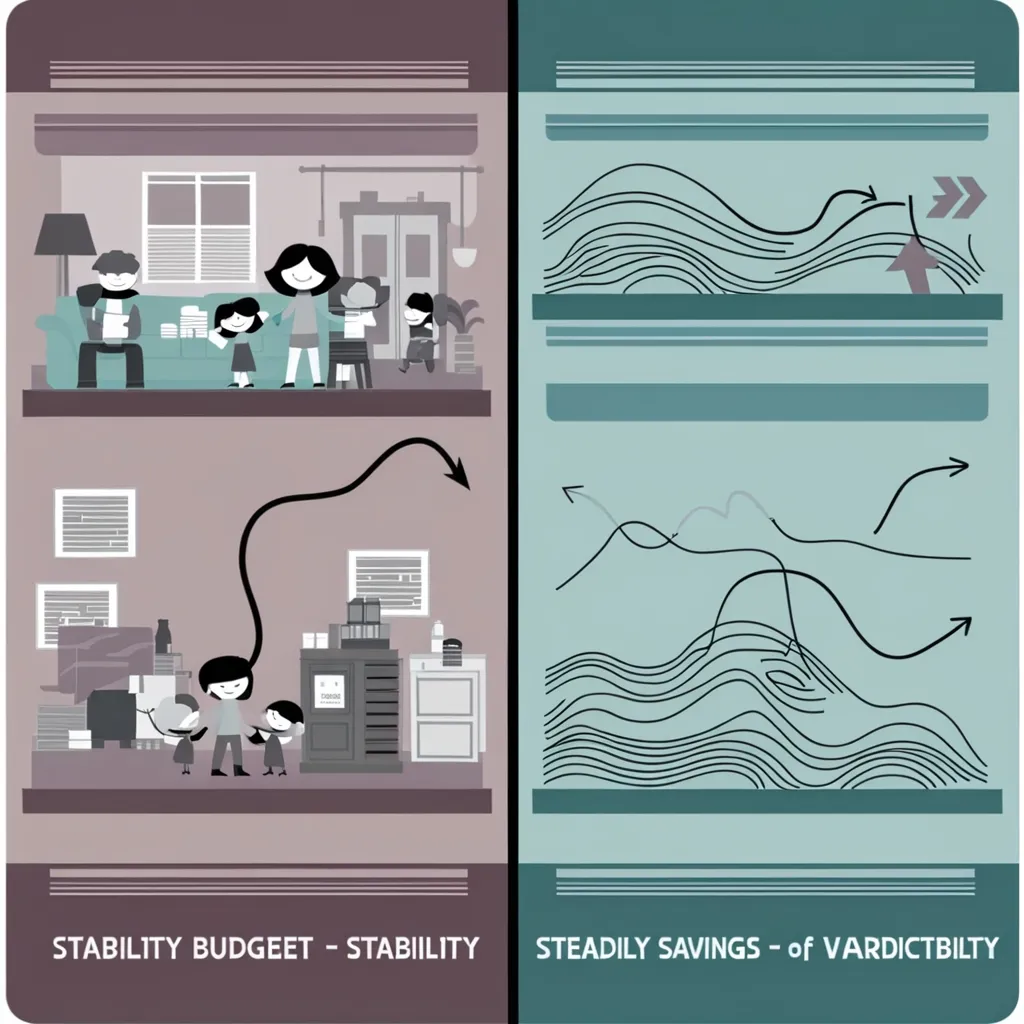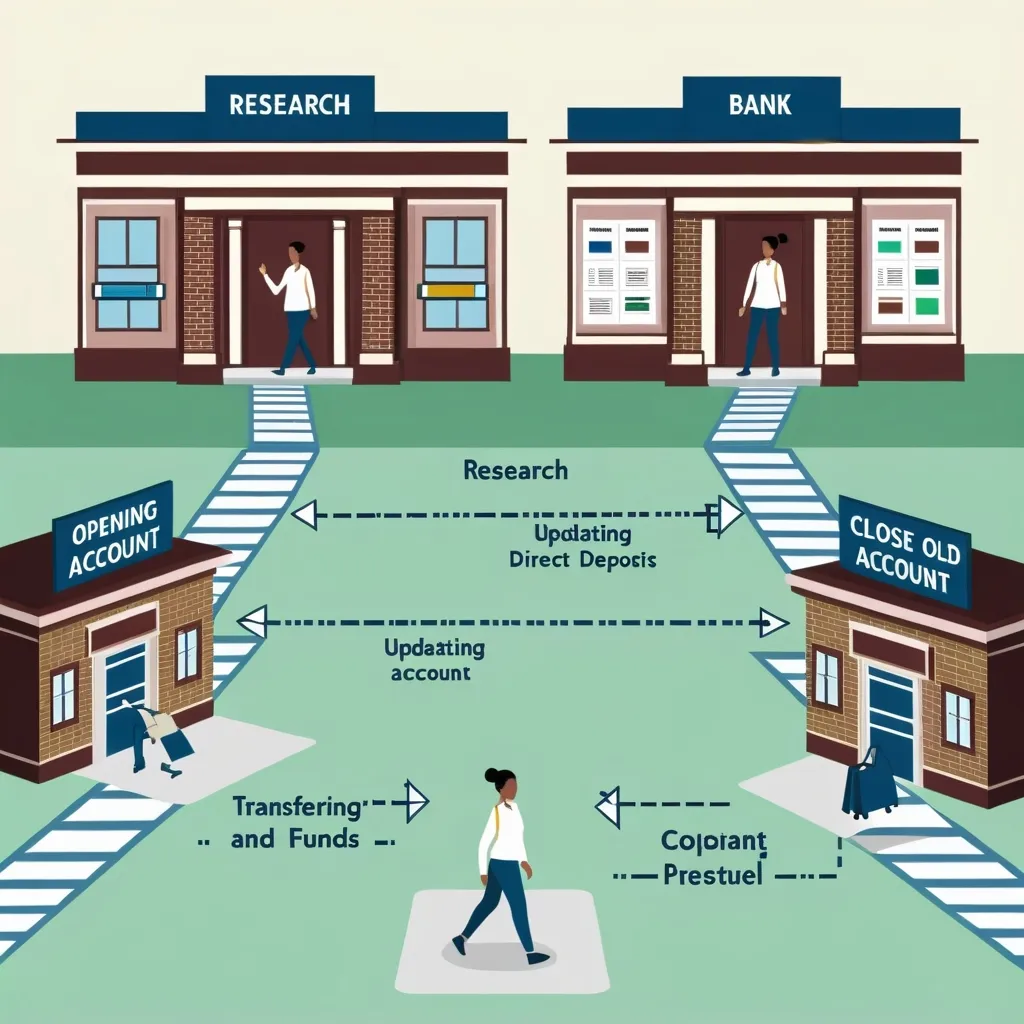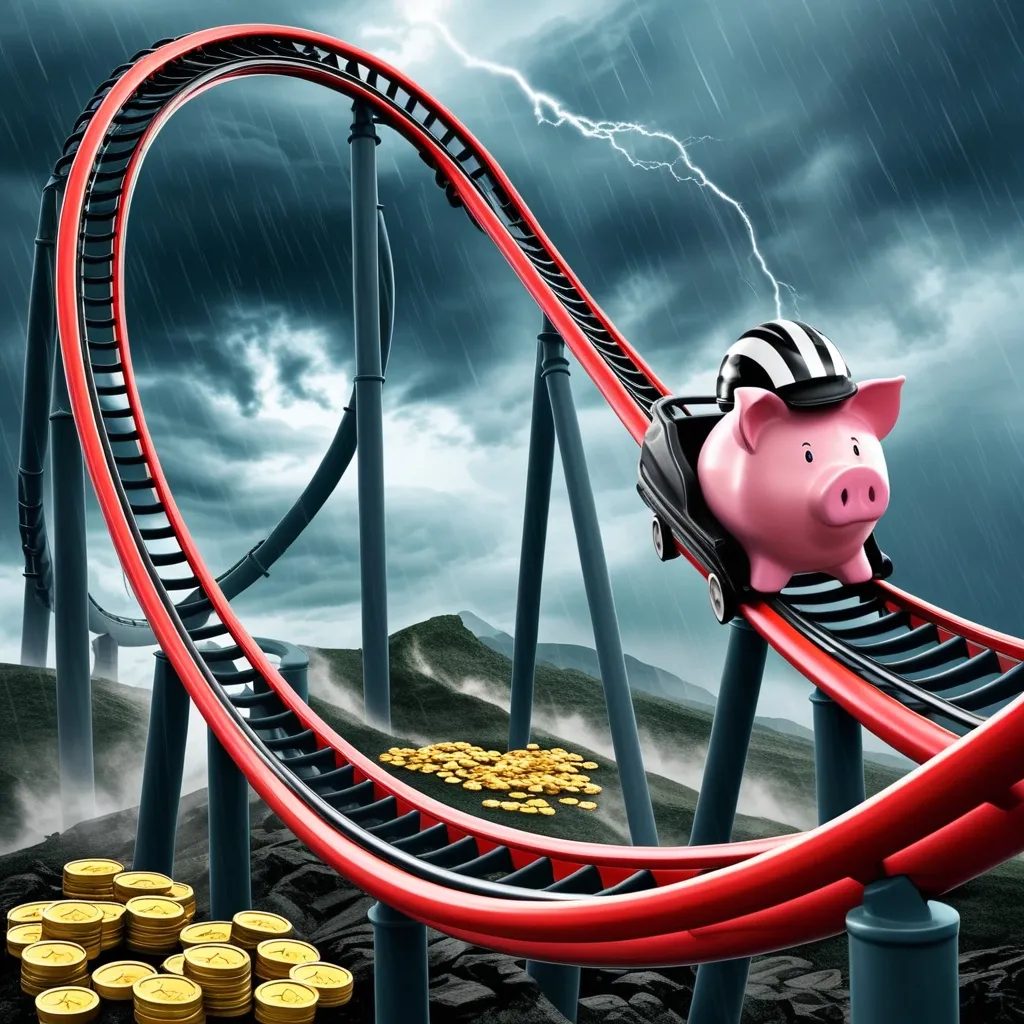Alright, let’s dive into this topic in a casual and digestible way, making it as if we’re chatting over coffee.
When you’re looking to borrow some cash, one big decision you’ll face is choosing between a fixed interest rate and a variable interest rate loan. Each has its perks and downsides, and knowing these can help you make a smarter choice that fits your financial game plan.
Fixed Interest Rate Loans
A fixed interest rate loan is as simple as it sounds: the interest rate sticks at the same level for the whole term of the loan. So, if you lock in a fixed rate on a 30-year mortgage, your monthly payments won’t change, which makes budgeting a breeze. You know what to expect every month, kind of like your Netflix subscription fee.
This stability is a life-saver for folks with consistent yet tight finances. It shields them from the nasty surprise of rising interest rates that could blow up their monthly payments. But there’s a trade-off. Fixed-rate loans generally come with higher interest rates at the start compared to variable-rate loans. You’re essentially paying a little extra for the peace of mind.
Variable Interest Rate Loans
Variable interest rate loans, on the flip side, are a bit like walking on a shifting sand dune. Their interest rates change over time, depending on the market. These loans usually hang onto an index like the prime rate. When market rates go up, your monthly payments also go up. But when rates go down, you get to pocket some savings.
The big lure here is the lower initial rates. Thinking of a private student loan? A variable rate likely starts lower than a fixed rate, but that comes with the risk that your payments could skyrocket if market rates take a hike.
Weighing the Pros and Cons
Fixed Rate Loans
Pros:
- Predictability: You know exactly how much is going out every month.
- Rate Protection: Rising interest rates? No worries, your payments stay the same.
- Stability: Great for those who need financial consistency, especially if you’re on a tight budget.
Cons:
- Higher Starting Rates: Usually, you pay more upfront.
- No Benefit from Rate Drops: If market rates tumble, you don’t gain anything.
- Less Flexibility: You’re stuck with the same rate throughout.
Variable Rate Loans
Pros:
- Lower Initial Rates: Often, you start off with a friendlier rate.
- Potential Savings: If the market rates slide down, your payments do too.
- Flexibility: If you plan on paying off early or expect a bigger income down the line, this could be a win.
Cons:
- Unpredictable Payments: Makes budgeting harder when your payments can change.
- Risk of Higher Payments: Rates go up, so do your monthly dues.
- More Risky: Not ideal if your financial situation isn’t rock-solid.
Picking the Right One
Making this choice really boils down to your personal finances and what suits you.
Financial Stability Check
Got a stable job with a steady paycheck and don’t want any surprises? A fixed-rate loan is your buddy, especially if you’re on a tight budget.
Watch the Market
Think interest rates are going up soon? Go fixed to lock in those rates. On the flip side, if you’re betting they’ll drop, a variable rate could save you some bucks.
Consider the Loan Term
How long you’re taking the loan for also matters. With shorter-term loans, changes in rates might not hit as hard. But for long-term loans like a 30-year mortgage, the difference between fixed and variable rates can be quite big.
Don’t Forget Lender Fees
Interest rates aren’t everything. Keep an eye on other costs like origination fees, application fees, and underwriting fees. These can add up and make a difference in the real cost of your loan.
Future Income Guesswork
If you see a pay raise or stable income in your future, a variable rate might not be too scary. But if your income is more hit or miss, a fixed rate offers a safety net.
Real-Life Scenarios
Mortgage Loans
Many homeowners swear by a 30-year fixed-rate mortgage because it keeps payments predictable. It’s perfect if your finances are stable yet stretched thin. But if you’re eyeing a shorter loan or planning to move soon, a variable rate could be more attractive.
Student Loans
Federal student loans usually come with fixed rates, making them safer, especially for those with little credit history. Private student loans, however, offer both fixed and variable rates. If your credit is solid and you can handle some risk, the lower starting rate of a variable loan might be tempting.
Personal Loans
Whether it’s for a car or some other personal expense, these loans can have fixed or variable rates. Short-term loan? A variable rate could mean lower initial payments. But if you want to know exactly how much you’re shelling out each month, go fixed.
Wrapping It Up
Choosing between a fixed and variable interest rate loan comes down to understanding your finances, your comfort with risk, and what you think the future holds. Fixed-rate loans offer stability and no surprises, making them ideal if you like to play it safe. Variable-rate loans, on the other hand, might save you money if market rates fall, but you’ve got to be okay with the risk of higher payments.
At the end of the day, balance is key. If you like things predictable, a fixed rate is your best bet. But if you’re willing to take a little risk for potential savings, a variable rate could be the way to go. Just make sure to consider all factors like loan terms, extra fees, and your own financial outlook before jumping in. It’ll help you make a decision that’s smart for your wallet today and tomorrow.






